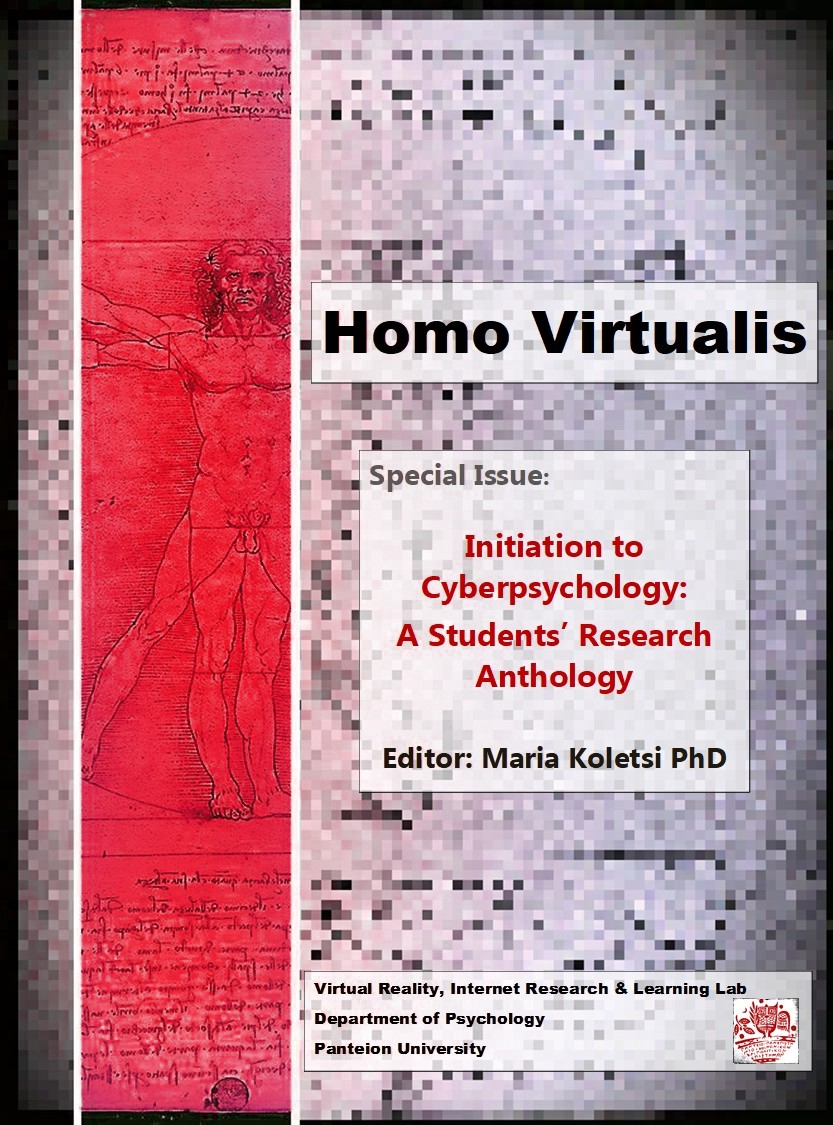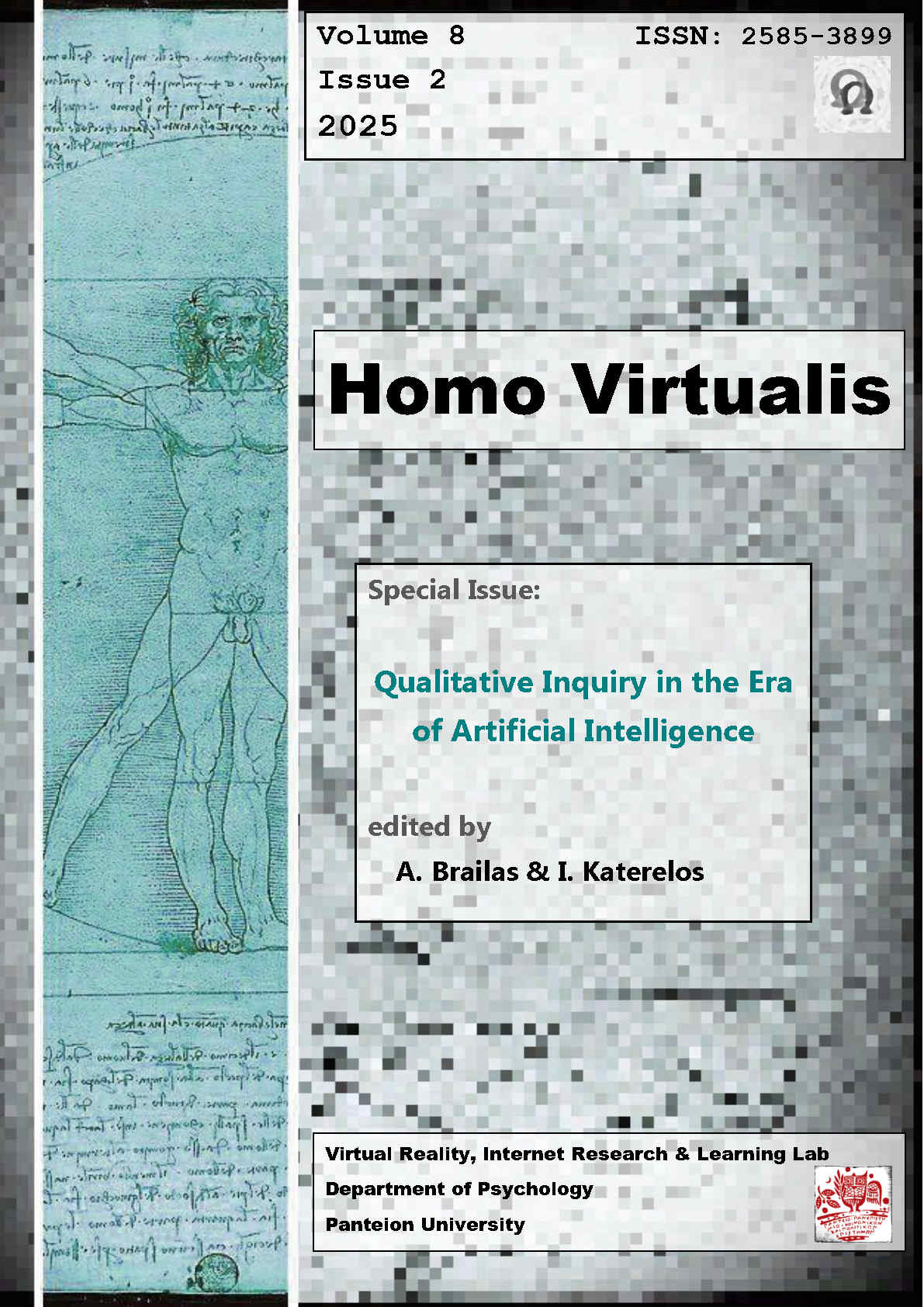The social representation of internet gaming disorder in the Greek population
Περίληψη
The aim of this paper is to study the social representation of Internet Gaming Disorder. For this reason, 286 adults, both male and female, 18-69 years old, participated in the research. The selected method is the free association technique. Underlying assumptions are: On one hand, a strong representation was not expected, given the fact that this disorder has been acknowledged only for the last ten years in the scientific field. On the other hand, addiction is expected to be the central nucleus’ main element. Results confirmed the above assumptions. Indeed, addiction seems to be the core’s main element. Furthermore, “Social isolation” and “Technological means” stood out as main peripheral elements, due to their relatively high frequency. In addition, results suggest that the representation has not yet fully emerged, confirming our first hypothesis. Finally, we must keep in mind that this new concept needs further study. Therefore, alternative proposals and methods for future research are proposed in the last section of this paper, in order to take a broad view of this subject.
Λεπτομέρειες άρθρου
- Πώς να δημιουργήσετε Αναφορές
-
Kollias, D., Lampris, I., Mouli, A., Plagos, P., & Velaki , A. (2022). The social representation of internet gaming disorder in the Greek population. Homo Virtualis, 5(1), 188–212. https://doi.org/10.12681/homvir.30341
- Ενότητα
- Έρευνες προπτυχιακών φοιτητών

Αυτή η εργασία είναι αδειοδοτημένη υπό το CC Αναφορά Δημιουργού 4.0.
Οι συγγραφείς των άρθρων που δημοσιεύονται στο περιοδικό διατηρούν τα δικαιώματα πνευματικής ιδιοκτησίας επί των άρθρων τους, δίνοντας στο περιοδικό το δικαίωμα της πρώτης δημοσίευσης.
Άρθρα που δημοσιεύονται στο περιοδικό διατίθενται με άδεια Creative Commons 4.0 και σύμφωνα με την άδεια μπορούν να χρησιμοποιούνται ελεύθερα, με αναφορά στο/στη συγγραφέα και στην πρώτη δημοσίευση για μη κερδοσκοπικούς σκοπούς.
Οι συγγραφείς μπορούν να καταθέσουν το άρθρο σε ιδρυματικό ή άλλο αποθετήριο ή/και να το δημοσιεύσουν σε άλλη έκδοση, με υποχρεωτική την αναφορά πρώτης δημοσίευσης στο περιοδικό
Οι συγγραφείς ενθαρρύνονται να καταθέσουν σε αποθετήριο ή να δημοσιεύσουν την εργασία τους στο διαδίκτυο πριν ή κατά τη διαδικασία υποβολής και αξιολόγησής της.




